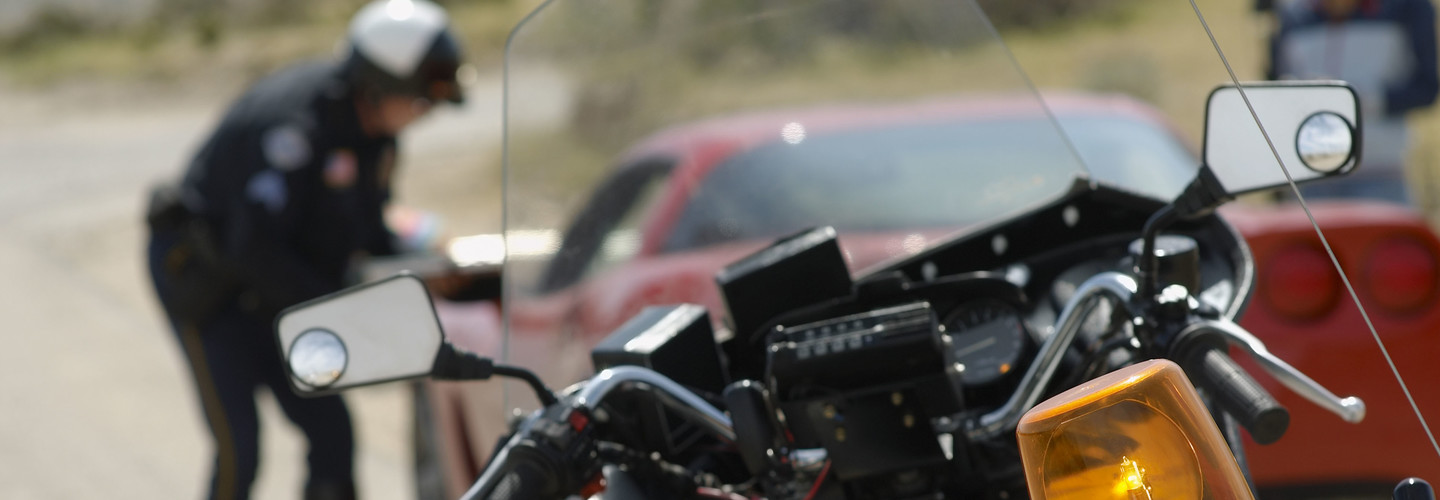Baltimore Weighs the Hidden Cost of Police Body Cameras
Much of the debate about whether police officers should be required to wear body cameras has focused on the need to increase accountability and transparency.
Equally important in that debate is determining how cities and states would fund these programs, maintain the equipment and store and process vast amounts of data collected by the cameras.
The total cost of body cameras in the first year alone would range from $5.5 million to $7.9 million, depending on the type of cameras and how many officers wear them, according to a new report that offers draft recommendations for implementing body cameras within the Baltimore Police Department.
"When you talk about spending the type of money that we'll spend on this program, I think the public will like that we actually took our time," Mayor Stephanie Rawlings-Blake said when she unveiled the recommendations on Feb. 18.
A 16-member working group, assembled by Rawlings-Blake in October 2014, developed the recommendations and cost projections. Working group members include law enforcement officials, legal representatives, IT specialists, community members and clergy.
"The work that each of the members of the task force put in could ultimately save taxpayers millions," she said.
The working group recommended that the city first launch a six-month pilot with 100 officers by year’s end to determine the most cost-effective way to roll out a comprehensive body camera program. The pilot would cost about $1.4 million, but “cost will be variable based on the number of cameras deployed, video recorded and requests for information received by the BPD [Baltimore Police Department], according to the report.
Redaction and Storage Costs Add Up
Unlike video footage the city currently releases through Public Information Act requests, camera footage would need to be “redacted of any faces, signage or other identifying information that may jeopardize a police or legal investigation,” the report notes.
The number of requests for camera footage also would affect program costs. The resources needed to redact videos are the greatest variable. A conservative estimate from the working group projects redaction would account for $1.7 million of the first year’s budget.
The report offers more insight on how much camera footage police departments manage:
Departments with existing body-worn camera programs estimate that the average officer interaction video is 13 minutes long and, for every eight minutes of video, it takes roughly 30 minutes to review and redact. Literature suggests agencies should anticipate expenses tied to discovery and, in most cases, redaction of this video.
An Associated Press review of government contracts, invoices and company data found that some cities are spending millions of dollars to manage camera footage. A five-year contract between San Diego and Taser for 1,000 cameras would cost $267,000 and an additional $3.6 million for storage contracts, software licenses, maintenance, warranties and related equipment, the AP reported. “City officials can scale back the deal if funding dries up,” according to the news report.
In Baltimore, the mayor’s working group recommends that police have cameras recording all interactions with the public and “during every exercise of police powers, except when in a consensual interaction where a citizen requests that the camera be turned off.”
The working group also recommends that the city retain camera data for four years, but that could be longer if the camera data is tied to a criminal or administrative investigation. “Some camera data should be copied for preservation as evidence in investigations or prosecutions for an extended period of time,” according to the report. Such data storage and archiving could be very costly.
“We are committed to getting this right,” Rawlings-Blake said. “These recommendations are the outcome of serious and robust conversations from many representatives of the community. This policy will benefit and protect our sworn members and the public. It will also guarantee a level of accountability for everyone.”
The public can submit comments on the report through March 6 to feedback.bodyworncamera@baltimorecity.gov.








